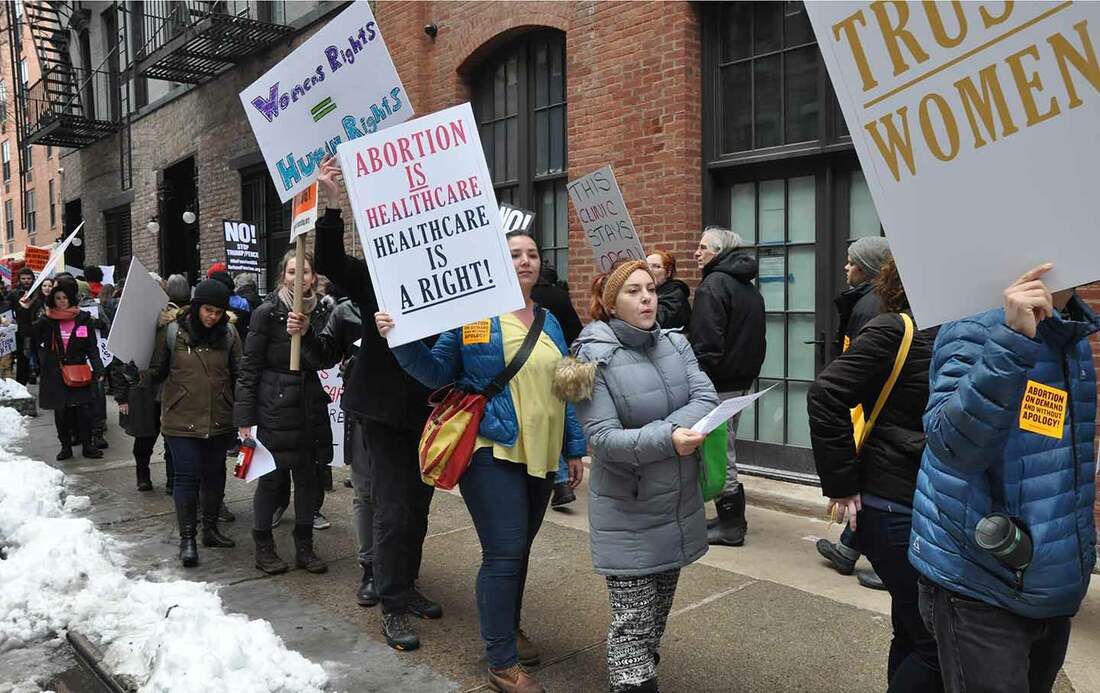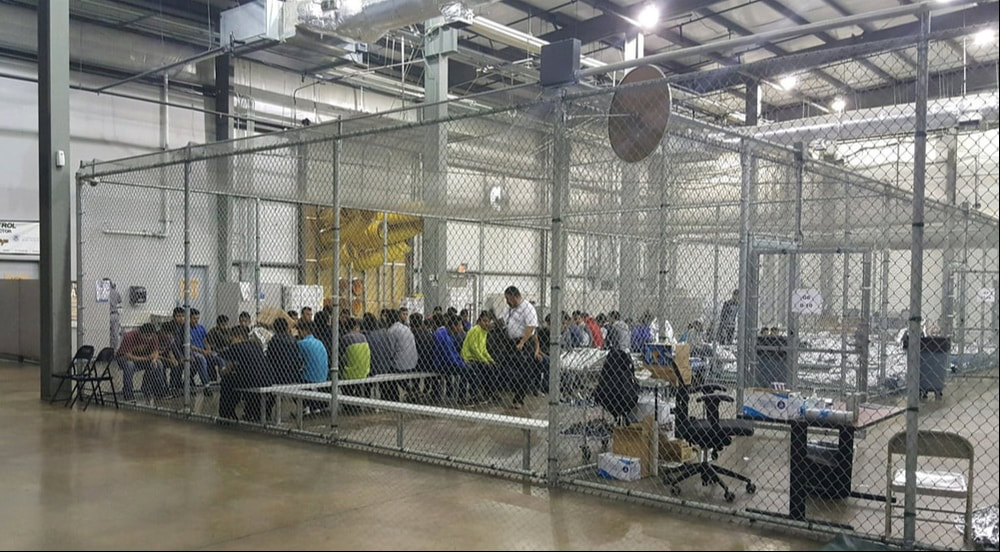LISTSOur biweekly lists lay out notable issues in the news and tell you what you can do about them.
|
SUBSCRIBE TO EMAIL UPDATES:
|
|
Hey Teen Resisters: This has, again, been a super heavy few weeks. Hopefully taking action will be a good way to help express your emotions, but remember it's okay to take time to process them as well! Before you dive in, here's a quick piece of better news: House Democrats will vote on the biggest health care bill of the year--which will lower drug prices and shore up Obamacare--next week. Since parts of the bill are bipartisan, it (cleverly) forces Republican legislators to choose between their constituents' priorities regarding prescription drug prices and their own partisan opposition to Obamacare. Happy reading/action-taking! xx TR what went down
In the same week, Alabama proposed an even more severe bill, which has yet to be signed into law (the vote was postponed until next week after a shouting match broke out on the Senate floor, when some Republicans attempted to propose a version of the bill that did not include exemptions in cases of rape and incest). The proposed bill would prevent doctors from performing abortions once a fetus is “in utero.” Translated: the proposed bill is, essentially, an all-out ban on abortion. As written and argued, the bill would not criminalize women for receiving abortions, and rather would punish doctors who perform them with up to 99 years in prison. The same Alabama bill would also make false rape allegations a felony, punishable with up to 10 years in prison. Although false rape allegations are wrong, many individuals’ allegations are considered false without actual evidence — this bill could lead to the abuse of these cases. So why does this all matter, in the grand scheme of things? Roe v. Wade set a precedent for a woman’s right to choose, and the Alabama bill clearly infringes upon that right (a variety of organizations, including the A.C.L.U., have said that they will challenge the bill in court if it gets passed). That, in fact, is the point of the bill. These lawmakers know that this law is unconstitutional and know that it will most likely get overturned in a lower court when it is challenged. However, they hope that by continuing to appeal the case, they can eventually bring it to the Supreme Court, where they are hoping that the justices will uphold the law, reversing Roe v. Wade. For them, that outcome is the ultimate end goal. What can you do?
It’s a lot, for just two weeks. It’s too much, for a week or a month or a year. With such a volume of bad news it is easy - no, hard not to - become desentized to this violence. You may have noticed circulating on social media tributes to two young men who sacrificed their lives to stop the massacres at USC and Highlands Ranch - Riley Howell and Kendrick Castillo. They deserve every bit of that recognition and praise. But we don’t want to live in a time when we treat shootings as inevitable - and take the small miracles and instances of heroism within a constant cycle. We have to change that cycle. At the same time, though: all of this is hard to hear and hard to handle. When we say we can’t become numb, we don’t mean you should dive into news cycles like this week’s without the resources to take care of yourself. Give yourself time and space to process, reach out to people, indulge in our weekly puppy videos. And then - let’s channel our anger; let’s all take action to change what’s going on out there. That means… What you can do? CALL YOUR REPRESENTATIVES. Demand that they make common-sense gun control legislation a priority. Make it clear that this is a matter of life and death, very literally, and that you are beyond tired of these cycles of hatred, fear, and violence. Some concrete reforms that you can demand:
What can you do?
On March 27th, Mueller wrote a letter to Barr expressing concern for the way his report had been construed: he felt his findings had been misrepresented, and that the American public would do better to have read the summaries his own team had prepared. He wrote that Barr’s summary letter “did not fully capture the context, nature, and substance” of the probe.
On April 18th, following demands by activists and Democrats in Congress that the full report be released, Barr released a redacted version of the full report to the public. On April 19th, House Judiciary Chairman Jerry Nadler issued a subpoena to the Department of Justice demanding an unredacted version of the report, in addition to the underlying grand jury evidence and testimony, with a deadline of May 1st. On May 1st, Barr testified before the Senate Judiciary Committee. Many felt that his testimony showed his allegiance to Trump and not to the country. Senate Democrats grilled Barr with questions which exposed what many believed to be hypocrisy and foul play—he seemed to be protecting Trump, not the integrity of America. On May 8th, in response to a pending vote in the House Judiciary Committee to hold Barr in contempt over his refusal to respond to Nadler’s subpoena, Trump invoked executive privilege over the entirety of the report. Later that day, the Committee voted to hold Barr in contempt of Congress (concretely, it didn’t do much, but it escalated tensions even further and exemplified Democrats’ intense frustration). Most important takeaway: both sides are angry, and neither one is backing down—Nadler and House Speaker Pelosi have declared a “constitutional crisis” and impeachment buzz is on the rise, while Barr struck back just today, appointing a prosecutor to examine the origins of the Russia probe.
0 Comments
Leave a Reply. |
UPdatesThese lists include featured organizations, scripts, numbers, news updates and inspirational activists. Archives
January 2022
Categories |
About |
Content |
|




 RSS Feed
RSS Feed
